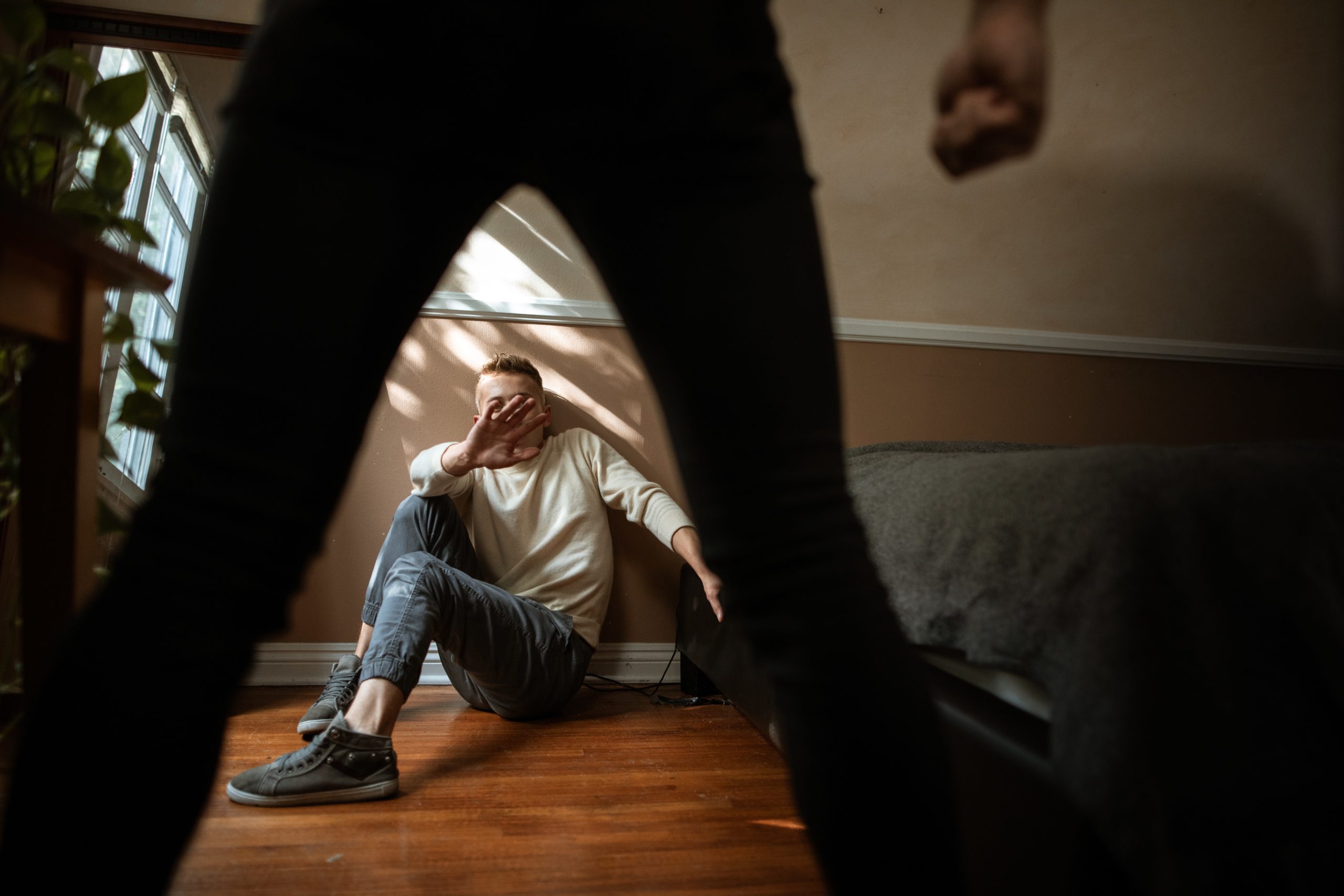Lately, I’ve been thinking a lot about the consequences of childhood trauma. One very disturbing and destructive consequence is something rarely, if ever noted. It’s how a certain proportion of trauma victims will develop blind spots toward people who are abusive.
These individuals appear to have something akin to the Stockholm Syndrome, which was first described in 1973 when four victims of a kidnapping In that city developed a psychological alliance with their captor as a survival strategy.
The term, “Stockholm Syndrome” was coined by the Swedish psychiatrist and criminologist Nils Bejerot and is described in Wikipedia as “strong emotional ties that develop between two persons where one person intermittently harasses, beats, threatens, abuses, or intimidates the other.”
In this syndrome, the victim holds on to a belief in “the humanity of their captor” which enables them to no longer see them “as a threat.” It comes about because “the victim’s need to survive is stronger than his impulse to hate the person who has created the dilemma.” A positive emotional bond between captor and captive is a “defense mechanism of the ego under stress.”
Today, it’s seen not just as a consequence of kidnapping but potentially due to “domestic or child abuse, human trafficking, and incest. Prisoners of war, political terrorism, cult members, concentration camp prisoners, slaves, and prostitutes” can all exhibit the symptoms.
Unfortunately, for many of these victims, it’s not just their own abusers(s) whom they see in a positive light but all abusers. It’s as though their psychological survival depends on this rosy and distorted view of their own oppressor and all others. And this is where their psychological defense mechanism turns into something potentially very destructive.
When I think about how prevalent childhood trauma is, this type of reaction makes a lot of sense. It could explain why a mother (with a history of childhood trauma) is unable to recognize how brutal and cruel her partner is and therefore allows him to abuse or molest their children. It could explain why a boss (with a history of trauma) is unable to recognize the bullying going on right in front of their eyes.
It could explain why a young man chooses to start a family with a woman who, to everyone else’s eyes, is obviously disturbed and unstable. It could makes sense of a parent who fails to see that a teacher is being abusive to their child, or a politician who enters into an alliance with a corrupt despot, refusing to recognize the peril he’s putting his country into.
When victims of trauma (from childhood or any other source) have these blind spots it’s much easier for hurtful, abusive people to keep behaving badly around them. And it can create a vicious circle in which the victim can’t see the cruelty of the person they’re with, but nevertheless, they experience further trauma, and therefore they must psychologically defend themselves against this additional trauma with even more denial.
In my experience, these blind spots are more common than we might think. Perhaps they can’t meet the diagnostic criteria for Stockholm Syndrome but many, many individuals who’ve gone through some sort of trauma in their lives become blind to the predations of their abuser, as well as to the behaviours of abusers in general.
It appears that these individuals unconsciously generalize a psychological coping strategy from their past experiences to everyone hurtful that they encounter in their adult life. It’s ironic, as they’re just trying to protect themselves from painful reminders of their original experiences of abuse.
Sadly, when these individuals apply an old defense mechanism to a present-day situation it makes it impossible to protect themselves from anyone who’s hurtful or to defend their friends, loved ones or children against these abusers today.
Childhood trauma is painful enough to go through, but how unfortunate that so many victims of such trauma are at risk of being hurt over and over again, due to their blind spots toward people who unconsciously remind them of the people who abused them in the past.
How tragic that these victims of abuse are often unable, because of their blind spots, to protect their own children, employees or citizens from a bully or an abuser.
The preferred treatment of childhood trauma is intensive psychotherapy. Any type of trauma is so profound and destructive that deep psychological and emotional healing is the only way to correct any counter-productive defense-mechanisms that might have arisen from it.
Fortunately, over time, trauma can be healed and these blind spots can be eliminated, as long as the individual who carries them is willing to enter into the process of therapy and to do the work required for creating meaningful and lasting change.
Sign up here for my free biweekly wellness newsletter that brings you fresh, thought-provoking content.
Subscribe to my YouTube Channel to watch my series Moving into Autumn with Good Self-Care, where you’ll learn simple tips for taking the best care of yourself and your loved ones this fall season.
Tune in to my Ruthless Compassion Podcast where I go in-depth about topics like mental health, trauma, and loneliness.
Image already added



